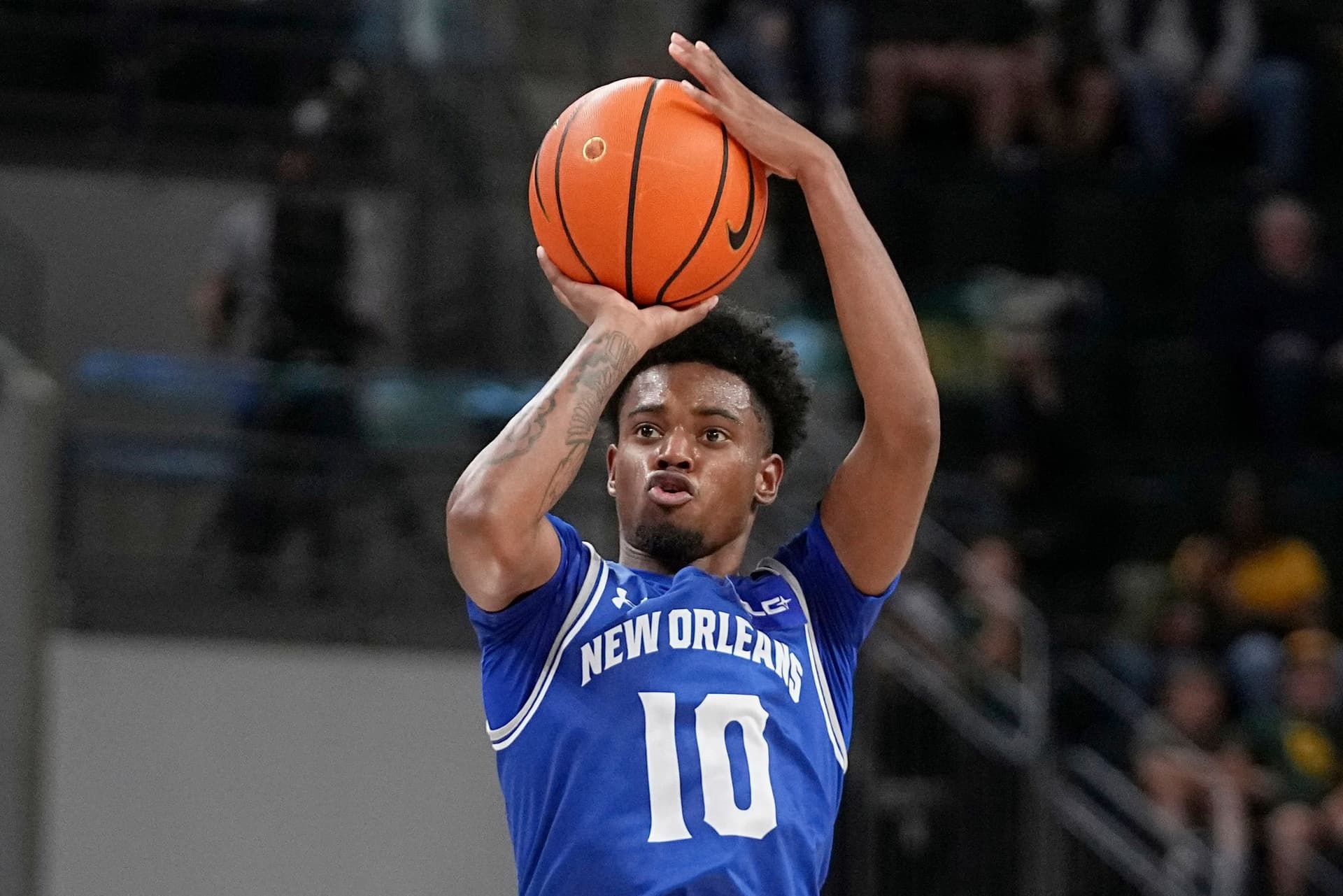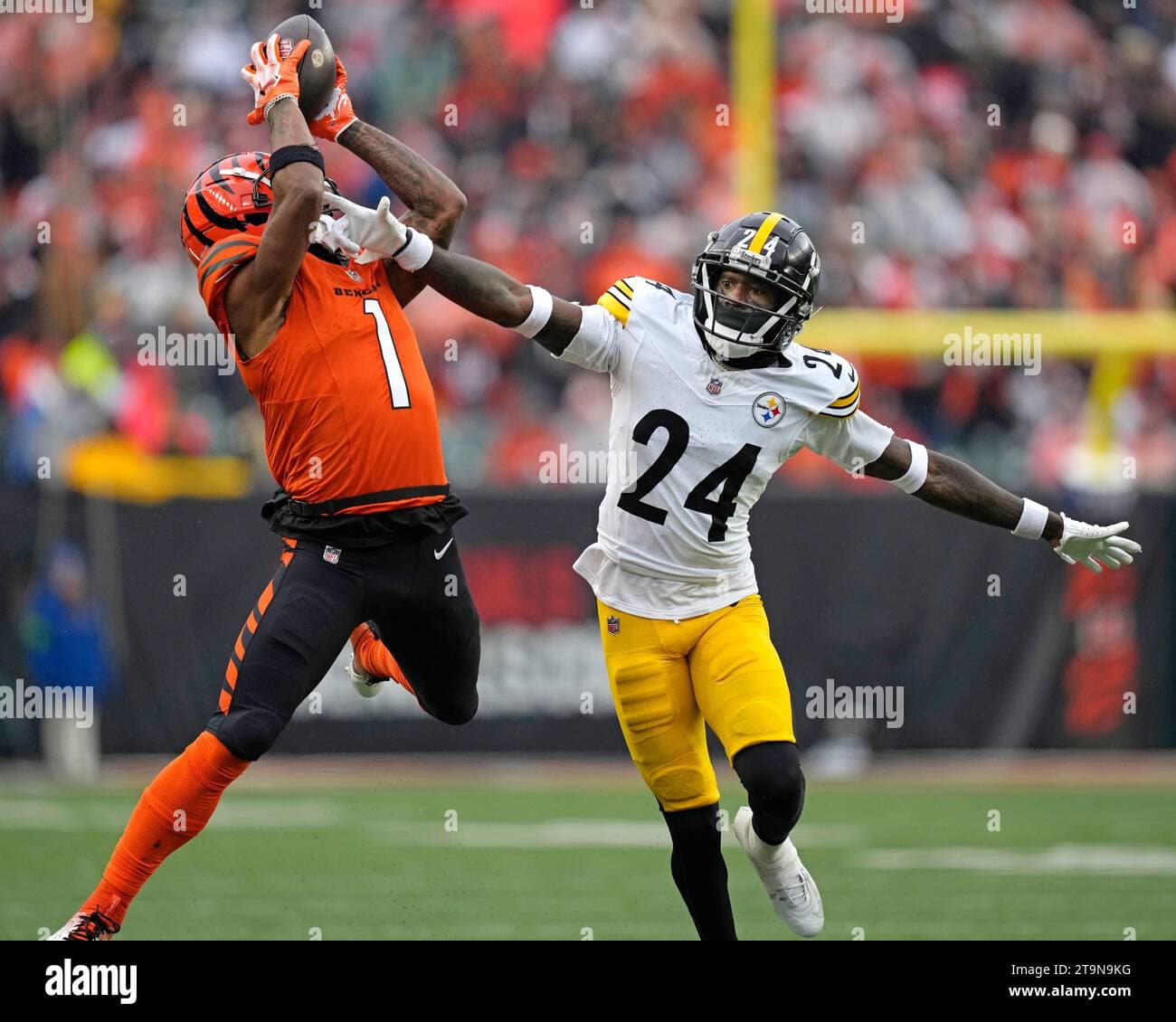College Player Admits Point Shaving, NCAA Bans Him From Competition
A college athlete banned by the NCAA acknowledged he had taken part in a sports betting scheme and admitted to point shaving, a confession that underscores deepening worries about the integrity of collegiate athletics. The development intensifies scrutiny of gambling's reach into college sports and raises fresh questions about athlete vulnerability, institutional responsibility, and the business models that now surround amateur competition.

On November 17, 2025 a college basketball player who had been banned by the NCAA publicly acknowledged that he had engaged in point shaving as part of a sports betting scheme, according to reporting by the Associated Press. The admission follows an investigation that led the NCAA to remove the athlete from competition, and it has reignited debates about gambling, athlete protections, and the credibility of results in college sports.
The player's acknowledgment crystallizes what has been a growing fear among administrators, broadcasters, and fans since sports betting expanded across the United States. In the years since the Supreme Court struck down the federal ban and states legalized wagering, the industry has grown into a multibillion dollar ecosystem with heavy marketing ties to major sports leagues and college conferences. That commercial environment has made college athletes more exposed to potential influence and manipulation, even as the NCAA and schools have sought to install monitoring and education programs.
From a performance perspective the confession undermines not only one athlete's statistics but also the competitive narrative of games in which the athlete participated. Coaches and teammates are left with the often unanswerable task of parsing which outcomes were legitimate and which were compromised. For opponents and fans, the revelation damages trust, a foundational element of sporting spectacle and the broadcasting rights that underpin college athletics' business model.
The case also highlights economic pressures facing student athletes. While recent policy shifts have permitted name image and likeness compensation, disparities remain large and many players continue to navigate financial precarity. That gap, combined with sophisticated betting markets and the presence of third party actors seeking to manipulate games for profit, creates a volatile mix. Institutions face the dilemma of balancing aggressive recruitment and competitive success against the need to protect athletes from predatory practices.
Regulatory and legal consequences may follow. Law enforcement agencies have investigated sports betting schemes in the past, and admissions like this one often prompt broader probes into networks of bookmakers and intermediaries. For the NCAA, which has historically relied on internal discipline rather than criminal referrals, the episode will likely intensify calls for clearer coordination with prosecutors and for stronger preventive measures.
Culturally the confession feeds a longstanding narrative of corruption risks in sports where high stakes meet youthful athletes unprepared for sophisticated temptation. It will also shape public opinion about the commercialization of college athletics and the moral calculus of profiting from sports that depend on amateur competition.
To restore confidence, stakeholders will need to move beyond reactive suspensions. Expanded integrity units, better financial literacy and mental health services for athletes, tighter oversight of relationships between students and external parties, and partnerships between leagues, sportsbooks, and law enforcement are among the practical steps under discussion. Without systemic changes, isolated admissions will continue to echo as proof of a structural vulnerability in a system that monetizes student competition while relying on their presumed amateurism.


